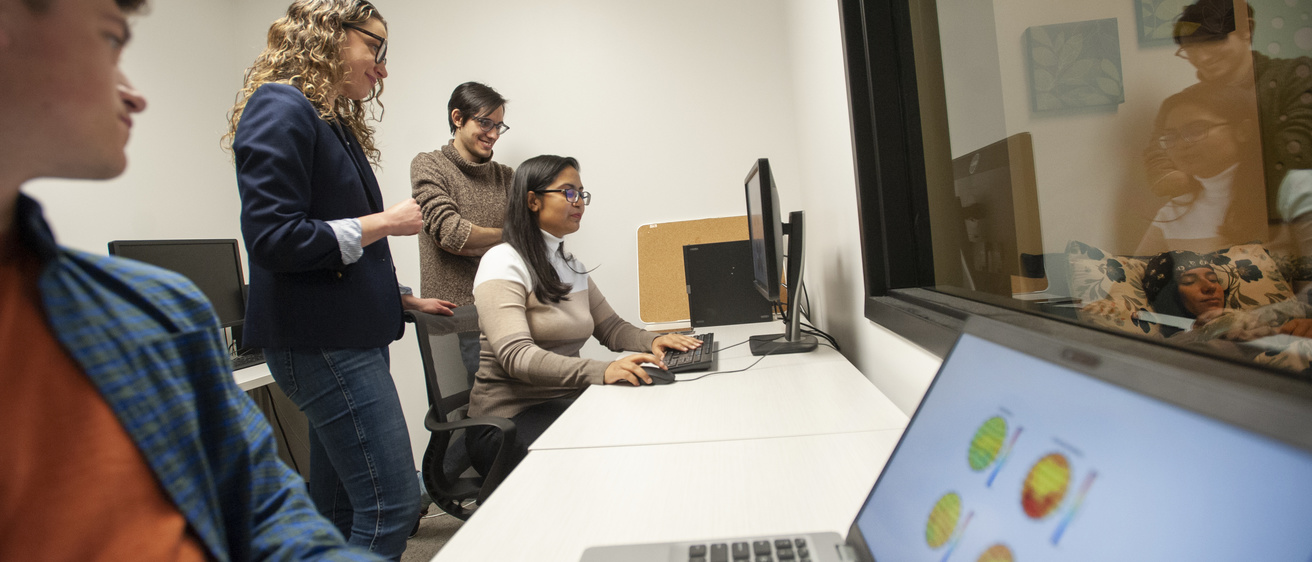Our approach
Central to the Cognition Training Area at Iowa is a distinctive philosophy and perspective. Our philosophy incorporates a dual insistence on empirical rigor and theoretical development. Thus, we are committed to hard-nosed empiricism; however, we are also committed to theory-building, and our programs of research are therefore theory-driven rather than data-driven.
Our perspective emphasizes an integrative approach to the study of perception and cognition, including a consideration of the developmental origins of perception and cognition. This perspective is reflected in both the content and diverse methodologies used in our research programs.
Our research
The research programs among individual laboratories overlap considerably, and most content areas are studied by multiple laboratories and with different methodologies. This leads to a high degree of interaction among laboratories, and it provides graduate students with many opportunities to work with multiple faculty members on a single topic. The content areas of research strength and focus include:
- Attention
- Categorization
- Cognitive Control
- Cognitive Development
- Computational Modeling
- Language Learning and Development
- Motor Control and Perceptual-Motor Development
- Perception and Action
- Spatial Cognition and Development
- Visual Perception and Cognition
- Working Memory
Graduate program
The goal of our graduate program is to prepare students for top positions in research, teaching, and industry.
In all three of these domains, the most significant factor for obtaining a top position and excelling over the long term is an individual's research training and record of publications. Our program is therefore structured to maximize our students' research potential. Students are required to take a basic set of classes, supplemented by seminars in specialty areas, but course requirements are minimized so that students can devote most of their time to research activities. We use an apprenticeship model, in which graduate students work closely with a faculty mentor at first and then become progressively more independent as they gain knowledge and skills. We also provide an exciting intellectual environment, which includes extensive student participation in national and international research conferences, the departmental brown bag research talks, reading groups on special topics, and lectures by visiting scientists.
Our program encourages students to work with multiple faculty, both within the program and across the department and university. Our students often combine basic work on cognition with work in areas such as neuroscience, psychiatry, social psychology, human factors engineering, law, and marketing. A formal example of such interdisciplinary study is the Cognitive Science of Language certificate program, an add-on certificate to the psychology doctorate that trains students in interdisciplinary approaches to language including formal linguistics, speech pathology, neuroscience, computational approaches, and of course, cognitive psychology.
Specialized training
In addition to our standard training program in Cognition, we offer specialized training in areas such as Developmental Science and Social Psychology. Students with interests in these areas create their own program of study in consultation with their faculty mentor. Students in Cognition can also create their own program of study to pursue topics of interest. For example, a student with specialized interests in computational modeling could develop an individualized curriculum that included parts of the standard curriculum, supplemented by courses in mathematics, computer science, and neuroscience. Specialized programs of study can be created by students at any time (with the approval of the faculty)
Prospective graduate students
If you are thinking about applying to our Ph.D. program in Cognition and want to learn more about the program and the affiliated faculty, please feel free to contact our training area coordinator, Susan Cook at:
E-mail: susan-cook@uiowa.edu
Office phone: 319-384-1815
Mailing address: Department of Psychology, G60 PBSB, The University of Iowa, Iowa City, IA 52242
Faculty in Cognition
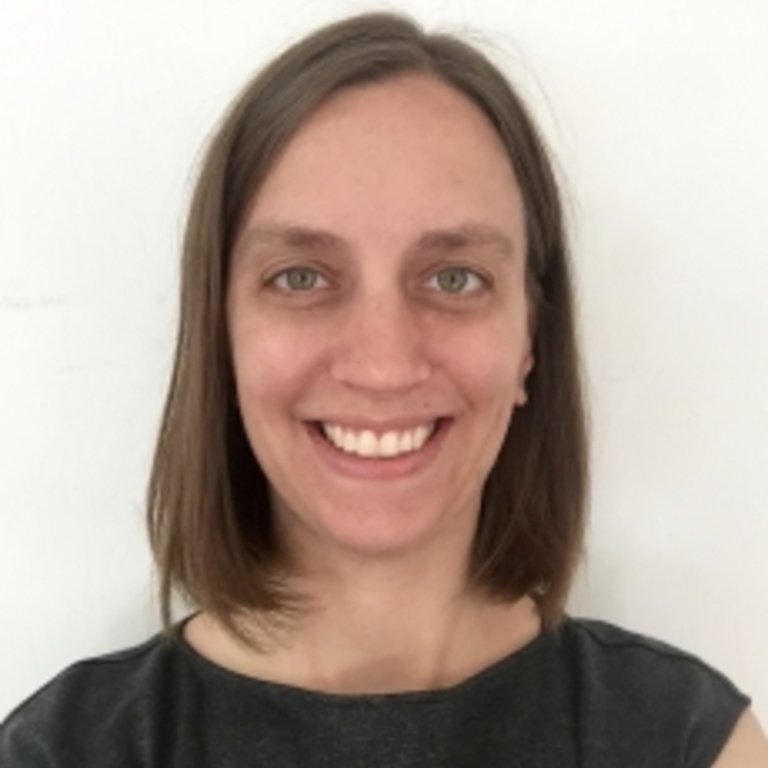
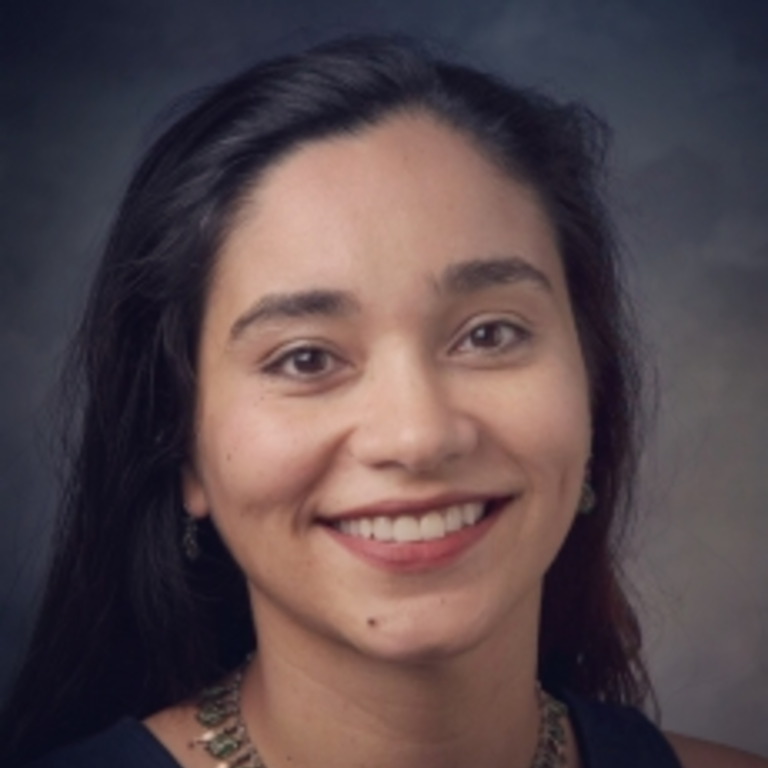
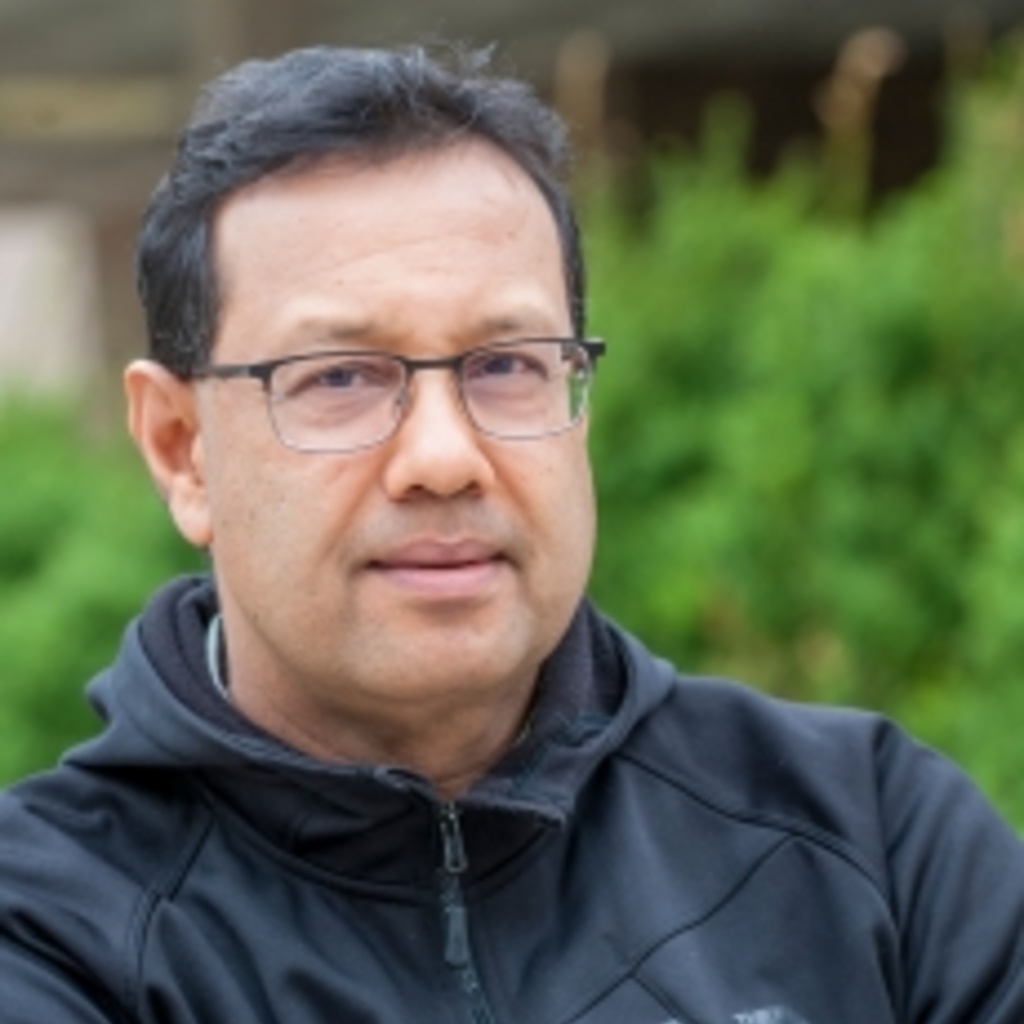
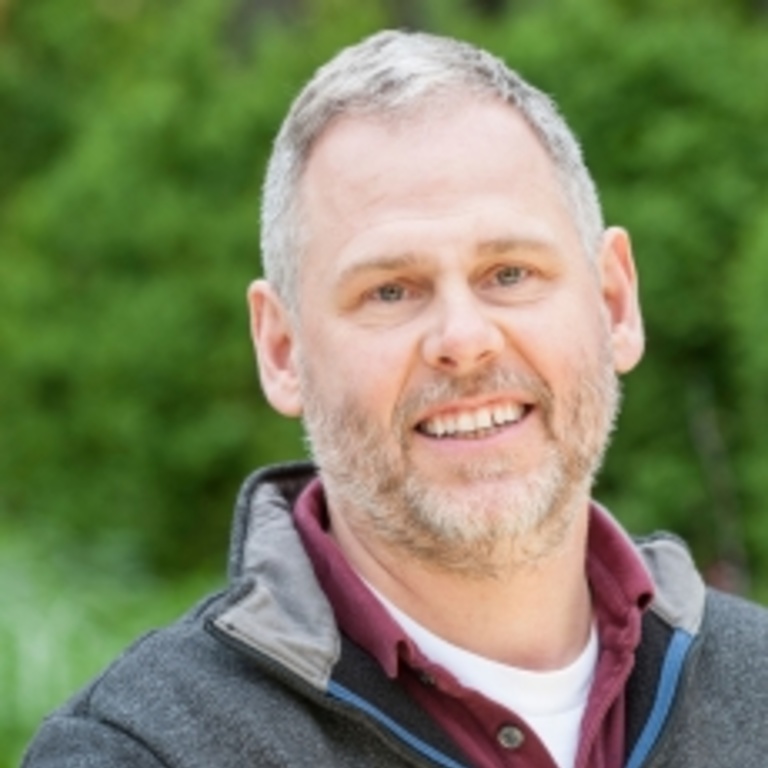
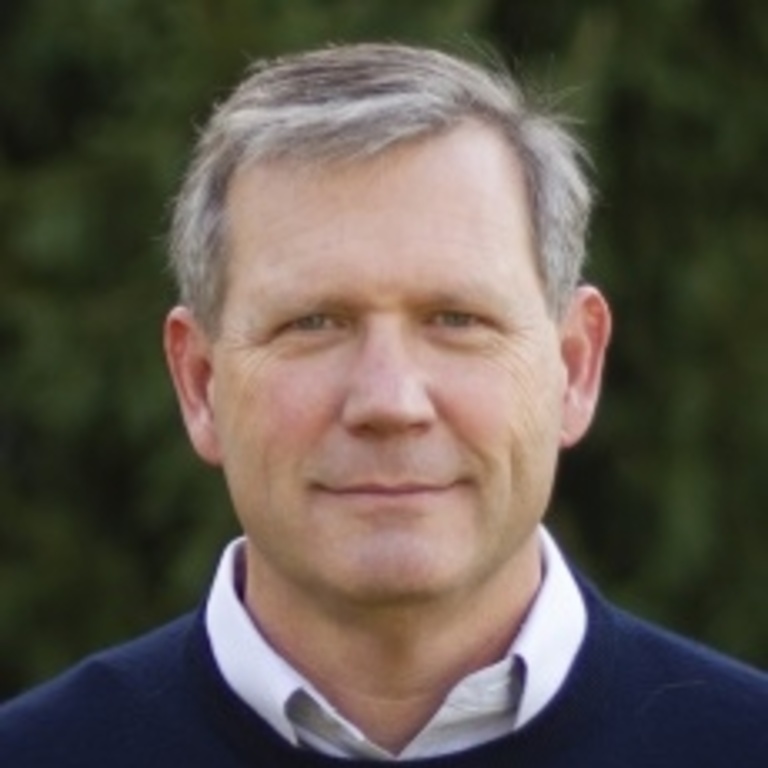
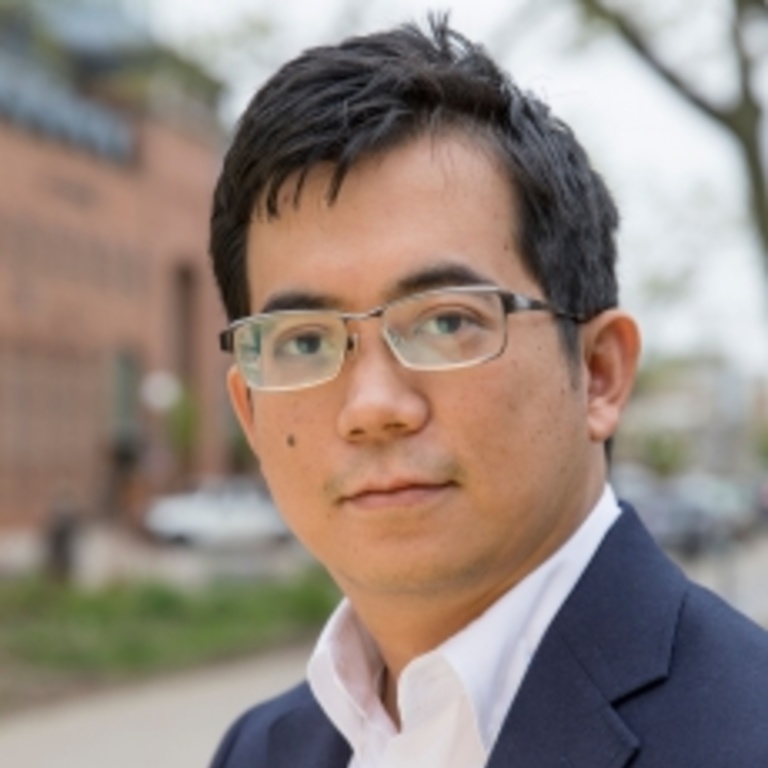
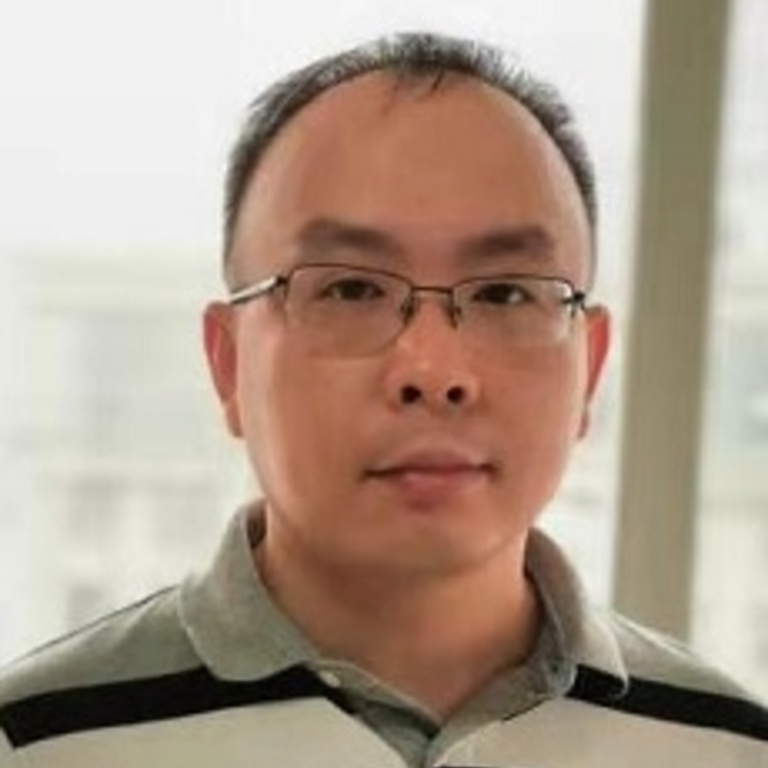
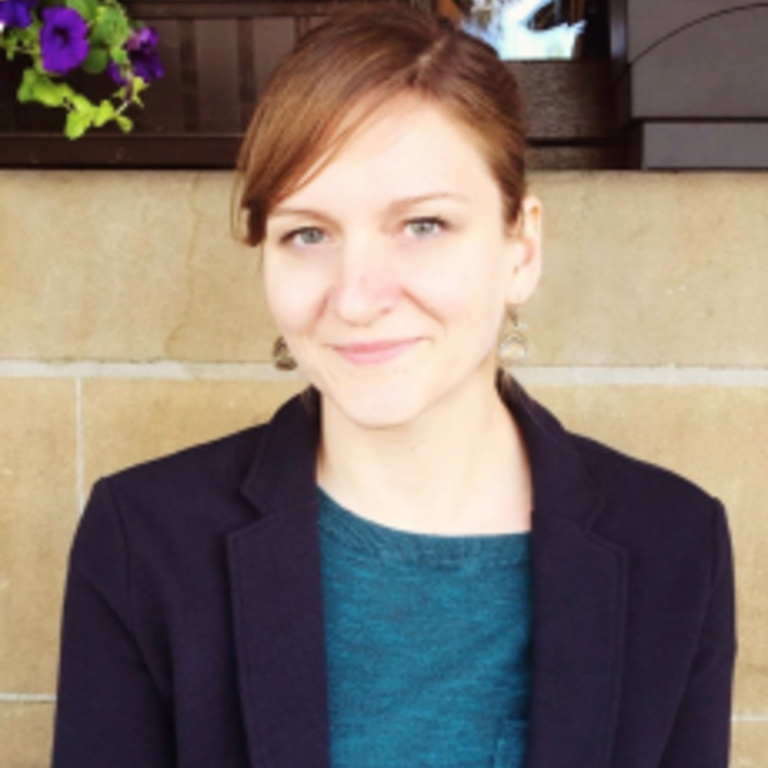
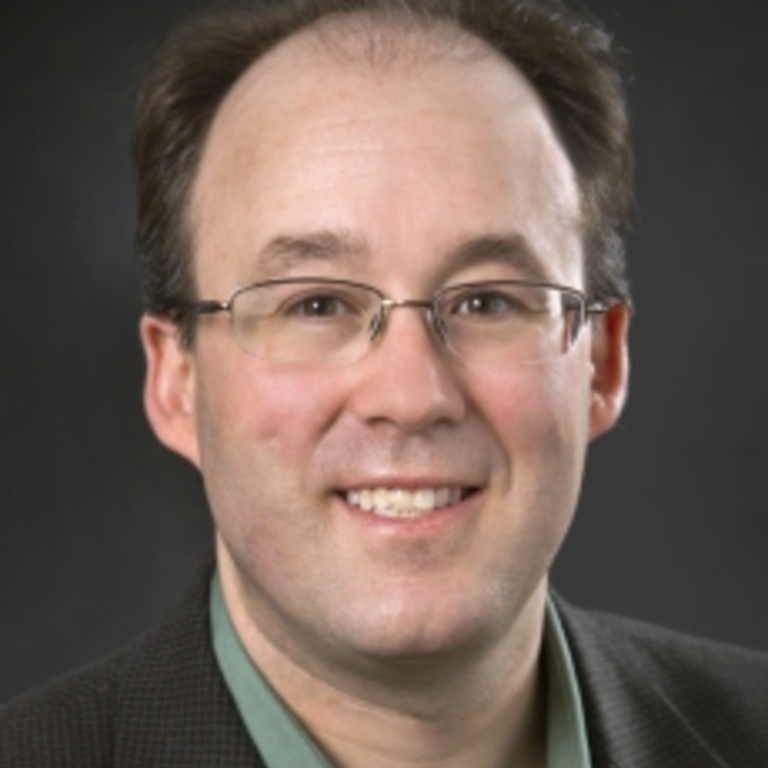
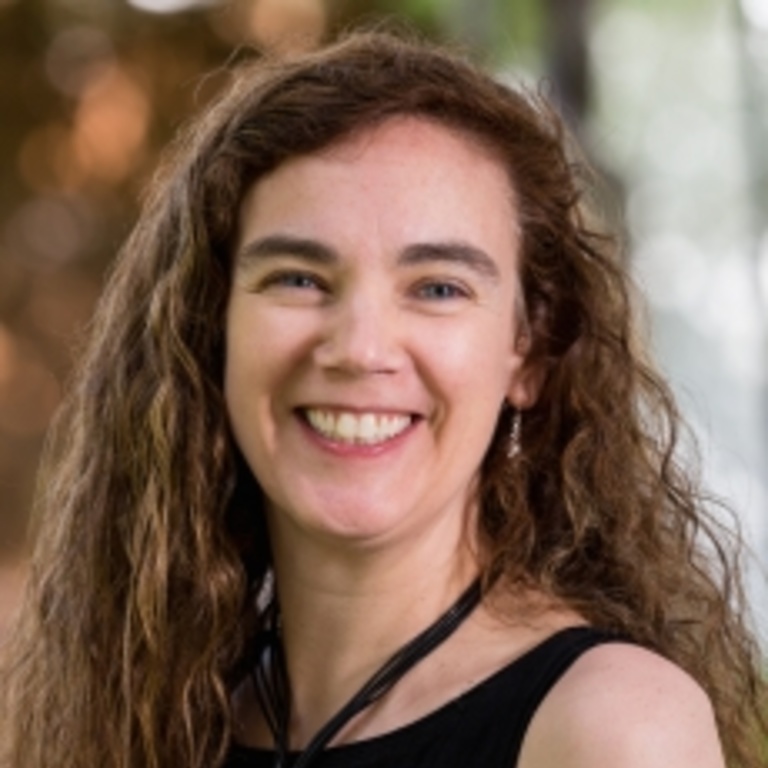
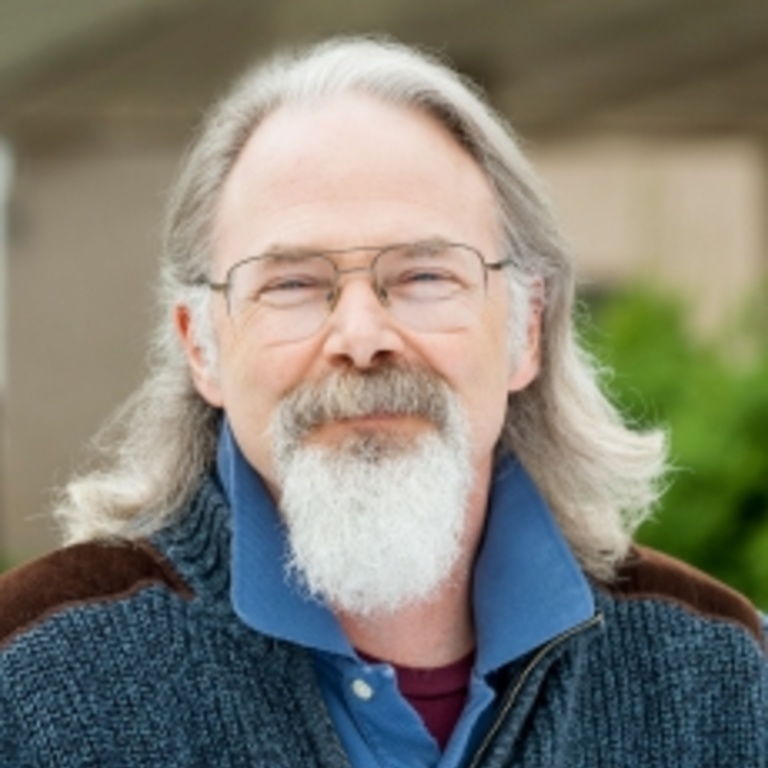
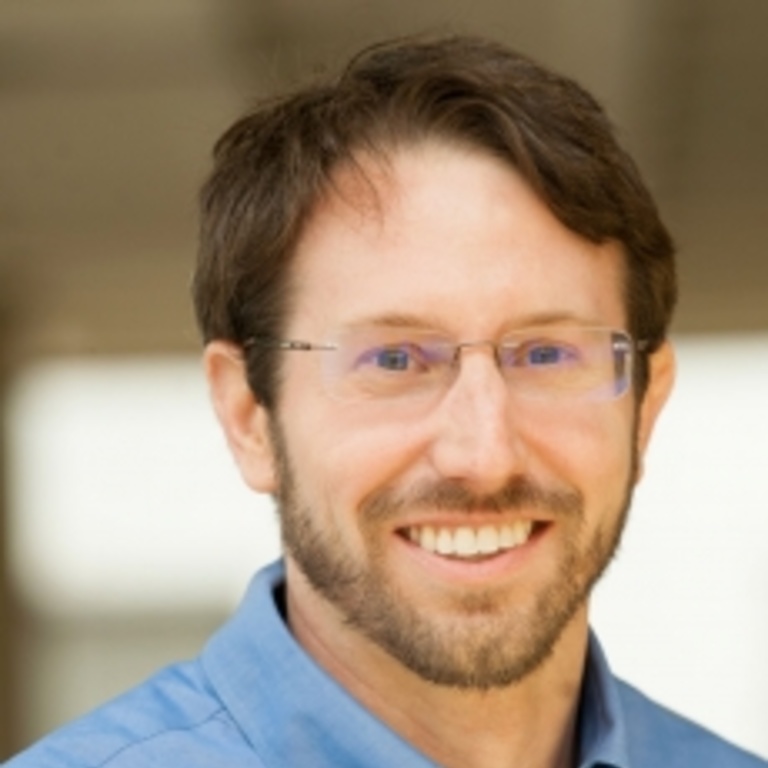
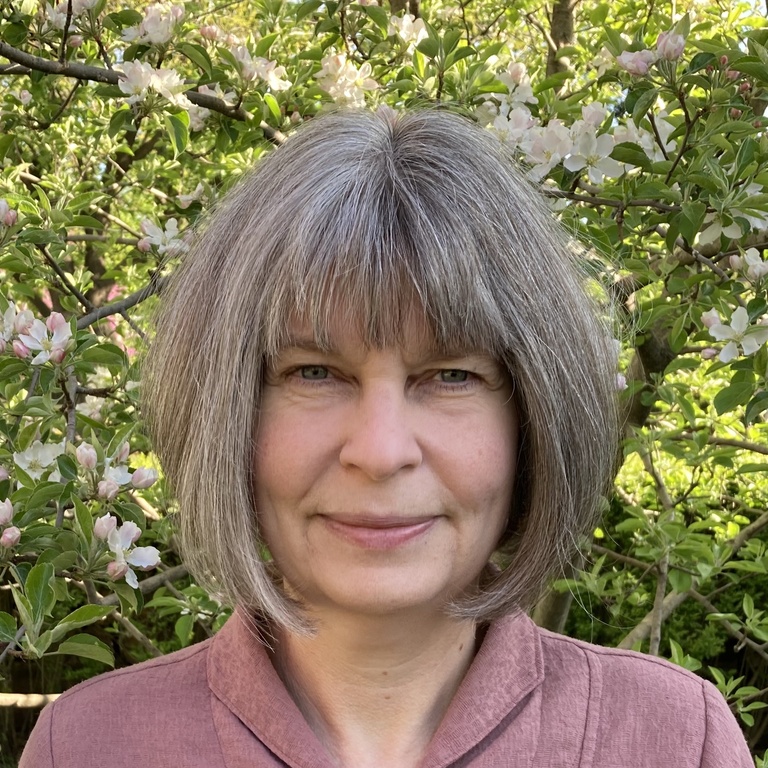
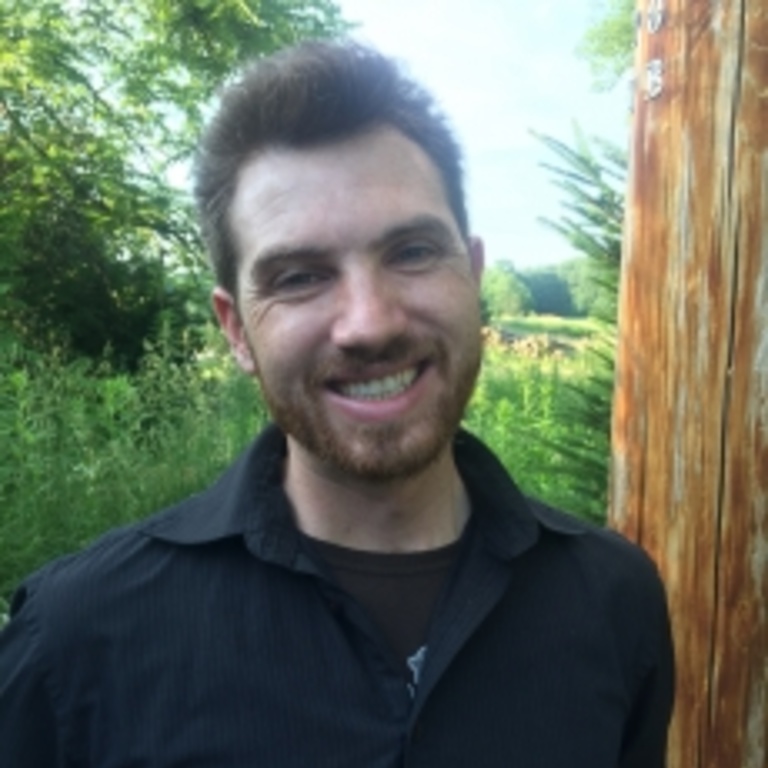
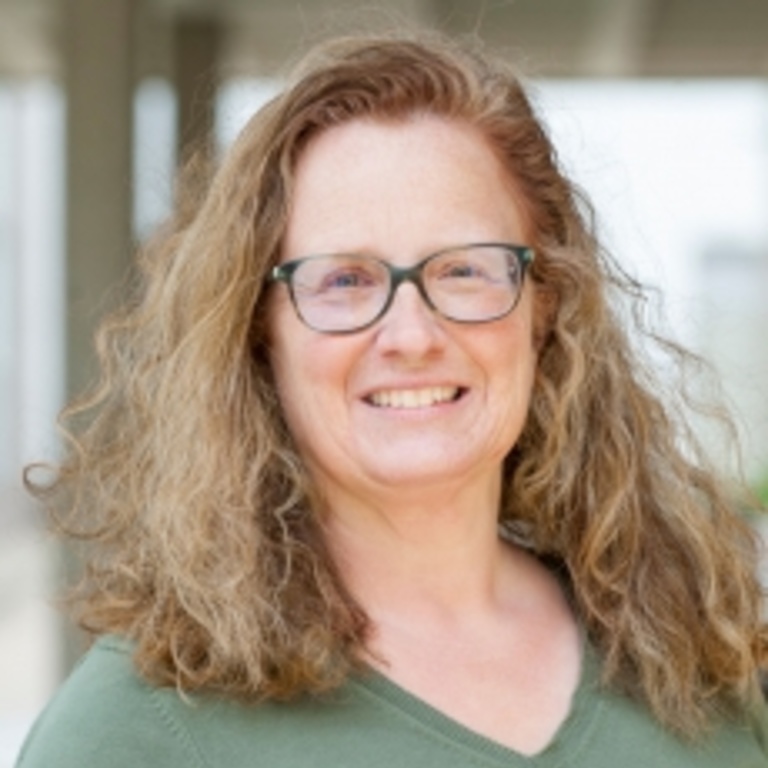
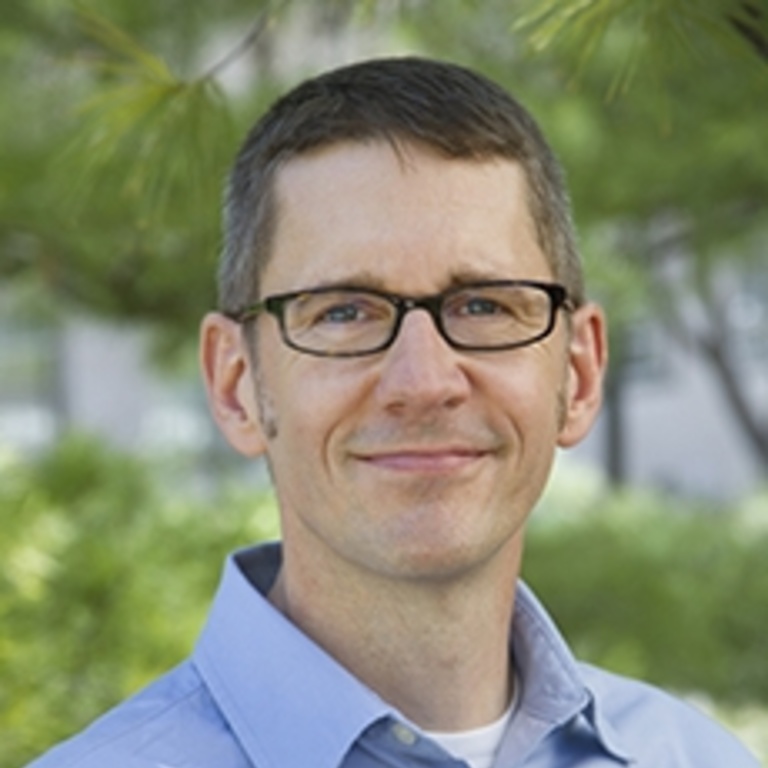

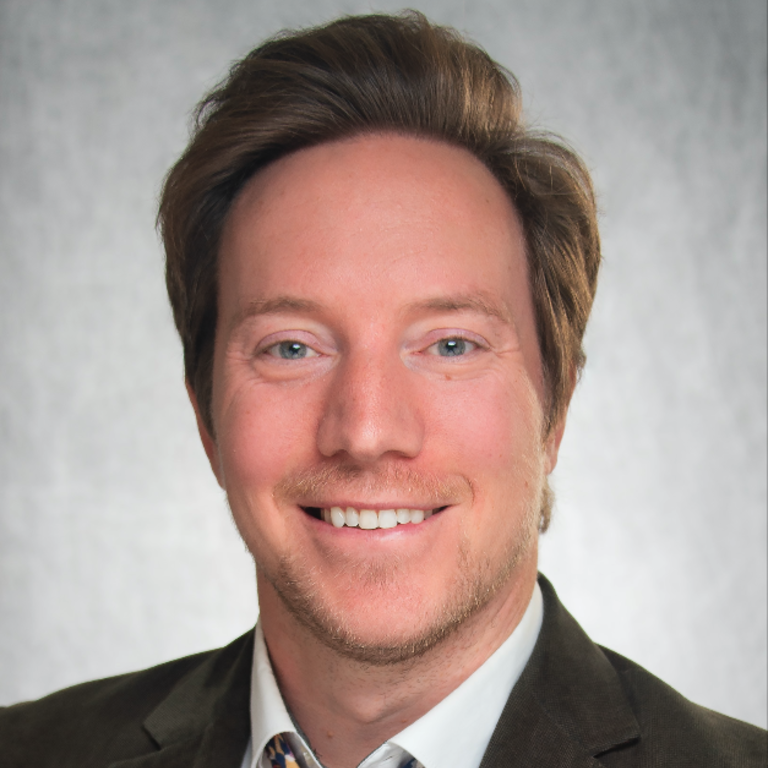
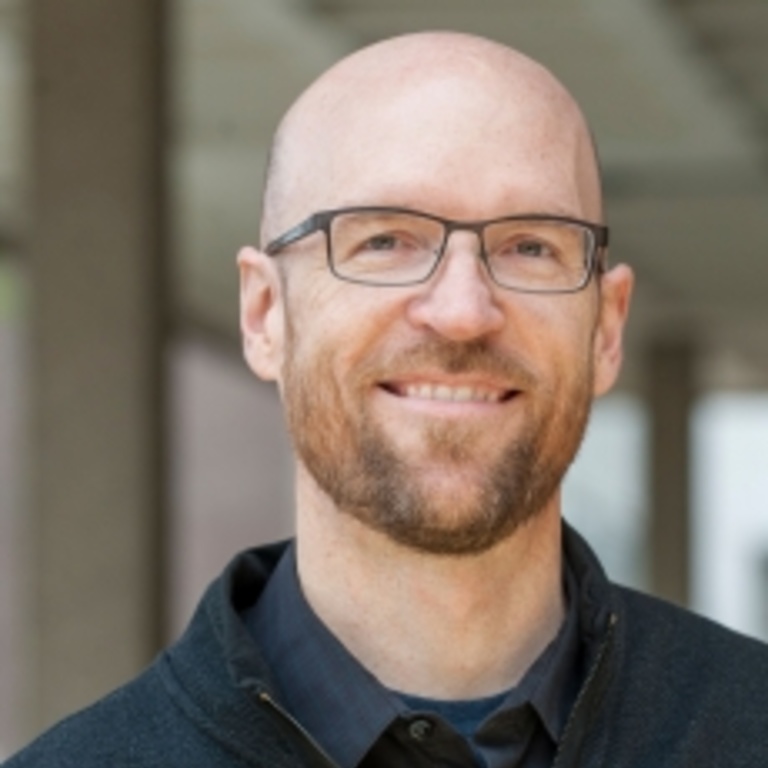
Related Faculty
Members of the Cognition area also interact regularly with researchers with related interests across campus, including the following faculty in other departments:
- Warren Darling (Department of Exercise Science, College of Liberal Arts and Sciences)
Movement control in visual target acquisition in neurologically healthy and impaired individuals - Jean Gordon (Department of Communication Sciences and Disorders, College of Liberal Arts and Sciences)
Speech and language deficits in aphasia, particularly in the processes of lexical access - Matthew Howard (Departments of Neurosurgery and Neurology, Carver College of Medicine)
Neurophysiology of human cerebral cortex; epilepsy surgery - Joseph Kearney (Department of Computer Science, College of Liberal Arts and Sciences)
Simulation, virtual environments, animation, graphic interfaces - Joyce Moore (Educational Psychology Program, College of Education)
Learning, problem-solving, and reasoning, particularly in mathematical cognition - J. Bruce Tomblin (Department of Speech Pathology and Audiology, College of Liberal Arts and Sciences)
Developmental language impairment
Joint Faculty
- Gary Gaeth (Department of Marketing, College of Business)
Marketing information and marketing research; consumer decision-making - Daniel Tranel (Department of Neurology, College of Medicine)
Cognitive neuroscience at the systems level; clinical and experimental neuropsychology
